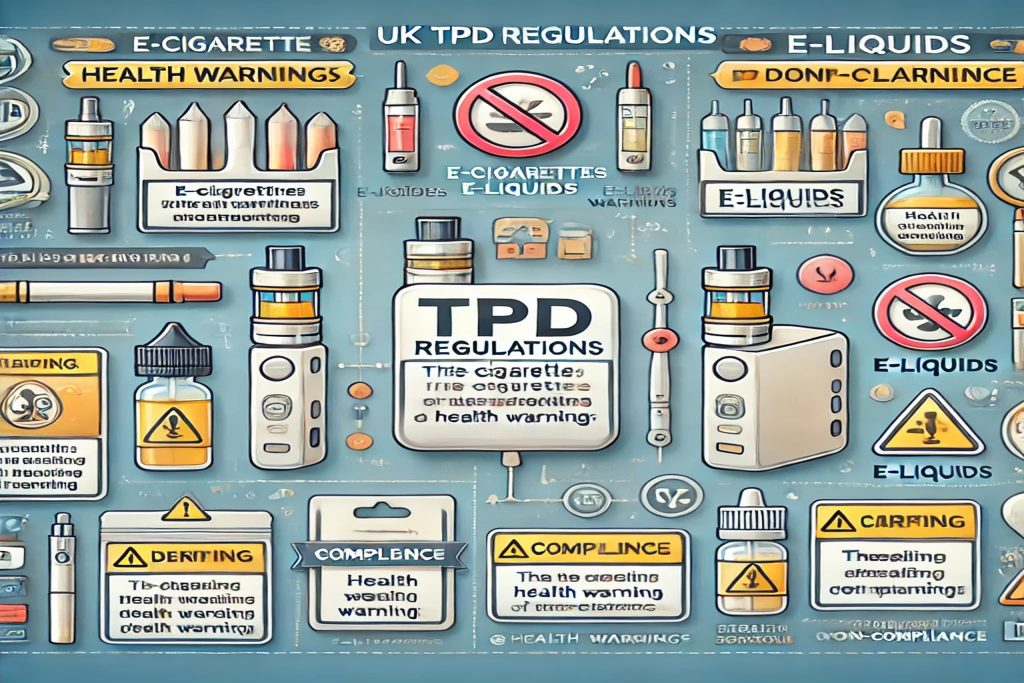Ultimate Juice Blog
Quitting Smoking: How Vaping Offers a Healthier Alternative

Quitting Smoking & How Vaping Offers a Healthier Alternative
In recent years, the global conversation around Quitting Smoking: How Vaping Offers a Healthier Alternative has shifted dramatically. Once glamorized and ubiquitous, smoking is now widely recognized as one of the leading causes of preventable death worldwide. The detrimental health effects of smoking are well-documented. These are ranging from respiratory illnesses to cardiovascular diseases and various forms of cancer. Yet, despite widespread awareness of these risks, many individuals continue to struggle with nicotine addiction and the habit of smoking however vaping offers a healthier alternative.
Fortunately, there is hope for those looking to break free from the grip of tobacco addiction. The rise of vaping, or the use of electronic cigarettes, has emerged as a promising alternative to traditional smoking. With its potential for harm reduction and smoking cessation, vaping offers smokers a pathway to better health and improved well-being.
The Dangers of Smoking
It’s no secret that smoking poses significant risks to health. The inhalation of cigarette smoke exposes the body to a toxic mix of chemicals. Including tar, carbon monoxide, formaldehyde, and benzene. These harmful substances can cause irreparable damage to the lungs, leading to chronic respiratory conditions such as emphysema and chronic bronchitis. Moreover, the carcinogens present in cigarette smoke increase the risk of developing various forms of cancer, including lung cancer, throat cancer, and bladder cancer.
Nicotine, the addictive component of tobacco, further complicates matters by reinforcing smoking behavior and making it difficult for individuals to quit. Nicotine addiction can lead to physical dependence, withdrawal symptoms, and a cycle of cravings that perpetuate smoking behavior. As a result, many smokers find themselves trapped in a harmful habit that takes a toll on their health and quality of life.
The Benefits of Quitting Smoking
Despite the challenges, quitting smoking is one of the best decisions a smoker can make for their health. The benefits of smoking cessation are both immediate and long-term, offering a new lease on life for those who choose to quit. Within hours of quitting, the body begins to repair itself, with improvements in circulation and lung function. Over time, former smokers experience a reduced risk of heart disease, stroke, and respiratory infections, as well as a decreased likelihood of developing smoking-related cancers.
Research studies have consistently demonstrated the positive impact of smoking cessation on overall mortality rates and life expectancy. By quitting smoking, individuals not only improve their own health but also reduce the burden on healthcare systems and society as a whole. The economic benefits of smoking cessation are also significant, with reduced healthcare costs and increased productivity among former smokers.
Challenges of Quitting Smoking
Despite the myriad benefits of quitting smoking, many smokers face significant challenges when attempting to quit. Nicotine withdrawal symptoms, including irritability, anxiety, and intense cravings, can make the quitting process daunting and uncomfortable. Moreover, social and environmental factors, such as peer pressure and exposure to smoking cues, can undermine quit attempts and contribute to relapse.
The inequitable distribution of smoking cessation resources and support further exacerbates these challenges, with disparities in quit rates based on factors such as socioeconomic status, education level, and access to healthcare. Addressing these barriers requires a multifaceted approach that combines public health interventions, policy initiatives, and individualized support for smokers.
The Role of Vaping in Smoking Cessation
Amidst the challenges of quitting smoking, vaping has emerged as a promising tool for harm reduction and smoking cessation. Unlike traditional cigarettes, which produce smoke through the combustion of tobacco, electronic cigarettes heat a liquid solution (e-liquid) to produce an aerosol that is inhaled by the user. This process eliminates the harmful byproducts of combustion, such as tar and carbon monoxide, while still delivering nicotine to satisfy cravings.
Numerous studies have explored the potential of vaping as a smoking cessation aid, with encouraging results. Randomized controlled trials and longitudinal cohort studies have found that vaping can be more effective than traditional nicotine replacement therapies (NRTs), such as patches and gum, in helping smokers quit. Vaping offers smokers a similar sensory experience to smoking, making it easier for them to transition away from traditional cigarettes.
The availability of a wide range of e-liquid flavours and nicotine strengths allows vapours to tailor their experience to their preferences and gradually reduce their nicotine intake over time. By providing smokers with a less harmful alternative to traditional cigarettes, vaping offers a pathway to smoking cessation that is both effective and accessible.
Addressing Concerns About Vaping
Despite its potential benefits, vaping is not without controversy. Concerns about the safety of e-liquids, the long-term health effects of vaping, and the potential for youth initiation have led to calls for increased regulation and oversight of the vaping industry. While these concerns are valid, it is important to recognize that vaping represents a harm reduction strategy for smokers who are unable or unwilling to quit using traditional methods.
Scientific evidence and expert opinions support the relative safety of vaping compared to smoking, with studies consistently finding lower levels of harmful chemicals and carcinogens in e-cigarette aerosols compared to cigarette smoke. While long-term studies are still needed to fully understand the health effects of vaping, current evidence suggests that vaping is likely to be significantly less harmful than smoking.
Moreover, efforts to regulate vaping should be guided by evidence-based principles and a focus on harm reduction. Policies that restrict access to vaping products for adult smokers or impose excessive regulations on the industry risk undermining public health efforts to reduce smoking-related harm. Instead, policymakers should prioritize measures that promote responsible vaping among adult smokers while preventing youth initiation and protecting non-smokers from potential harm.
Conclusion
In conclusion, quitting smoking is one of the most important steps a smoker can take to improve their health and well-being. With its potential for harm reduction and smoking cessation, vaping offers smokers a safer alternative to traditional cigarettes. By addressing concerns about vaping and promoting evidence-based policies that support harm reduction, we can empower smokers to make informed choices about their health and reduce the burden of tobacco-related disease on society.
Thank you for taking the time reading “Quitting Smoking & How Vaping Offers a Healthier Alternative” we hope this is a good starting point for your journey to a smoke free life, and if you want the easiest way to to start your path to vaping disposables would be a great place to start.
You can read the official NHS guidelines here on the benefits of choosing vaping as a better alternative.











